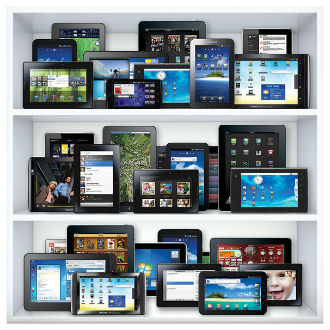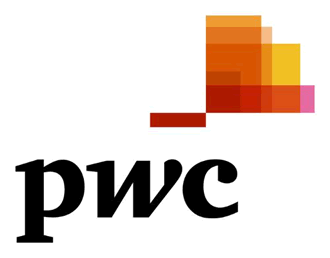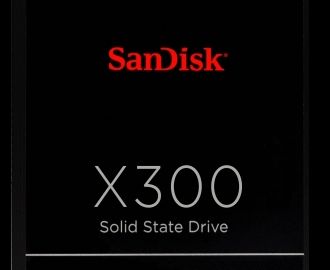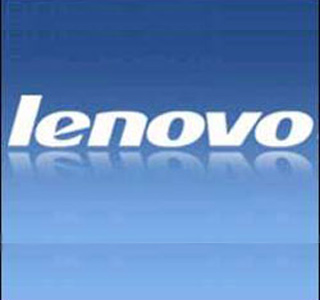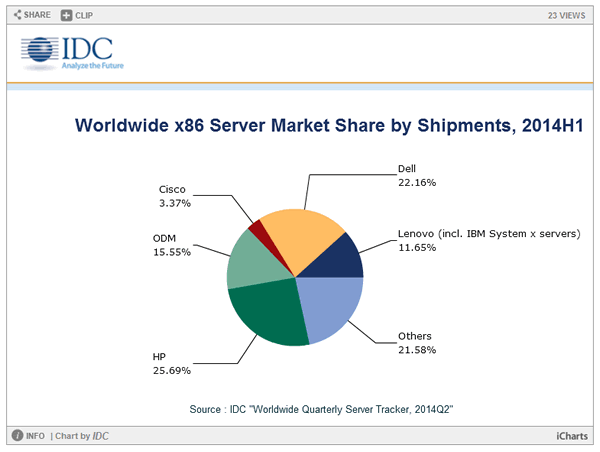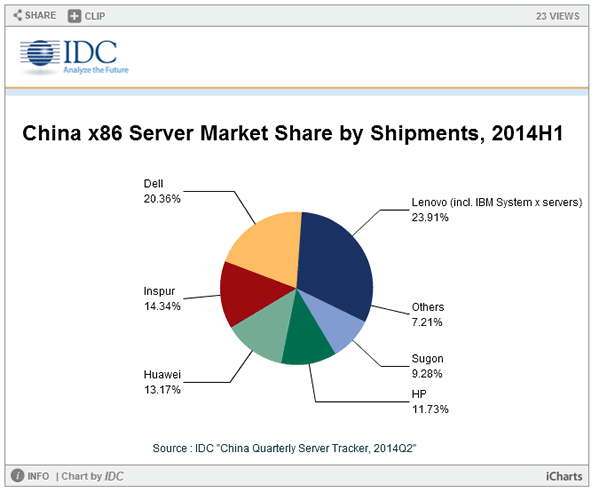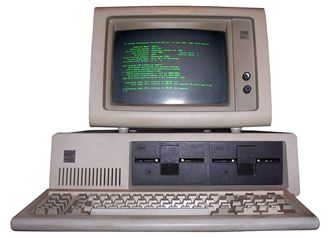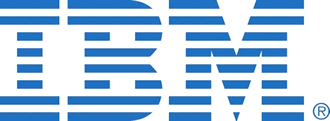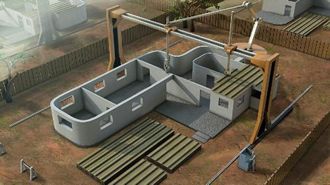 A company called Contour Crafting that offers a method of 3D printing large structures direct from CAD packages, has won a prize in a design competition.
A company called Contour Crafting that offers a method of 3D printing large structures direct from CAD packages, has won a prize in a design competition.
Contour Crafting claims it automates building whole structures and cuts down the time and cost of construction.
It said the 3D printing technology may lead to printing affordable high quality low income housing, quick construction of emergency shelters and “on demand housing” in response to disasters.
NASA, claimed the firm, is investigating its technology to build bases on the moon and on Mars.
Professor Behrokh Khoshnevis, from the University of Southern California invented the concept and claims it’s viable.
“Bringing 3D to construction is bringing a concept to a proven application. For many years, building has been done in layers – concrete foundation blocks, brick laying, structural framing and the like,” he said.
